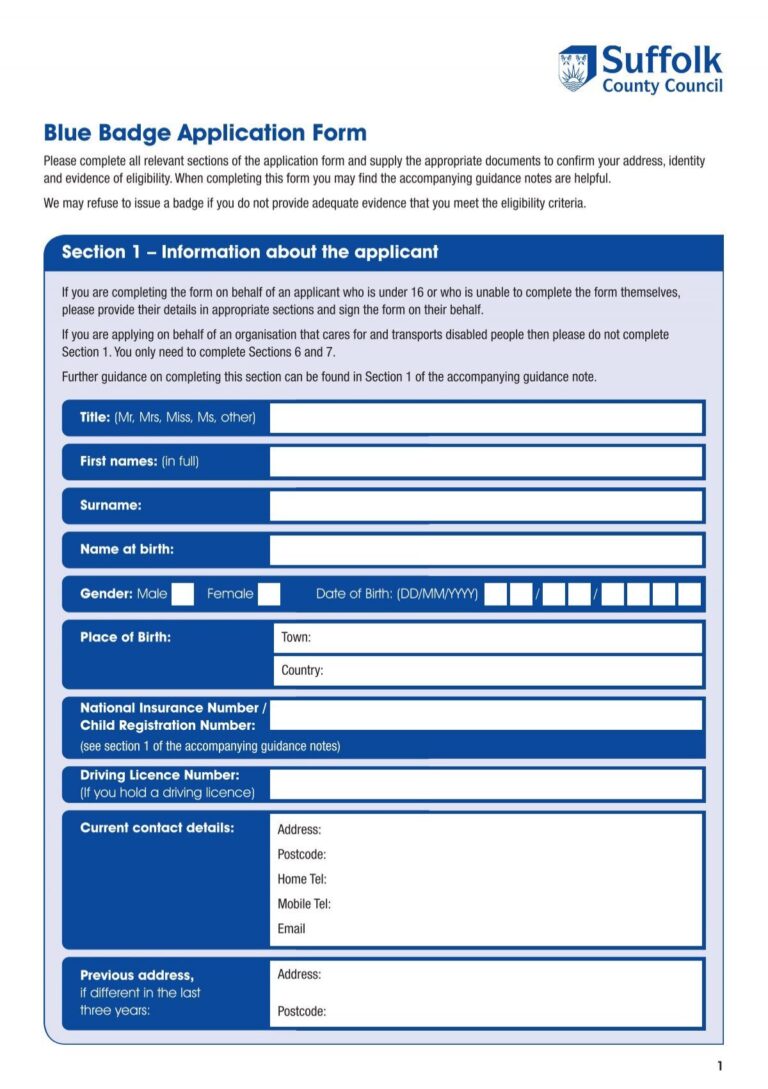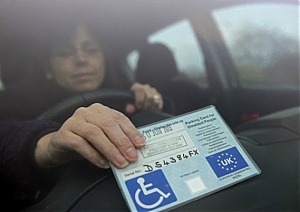How to Track Your Blue Badge Application Status

Applying for a Blue Badge is a crucial step towards greater mobility and accessibility.
If you have questions about the Blue Badge, this section provides the answers you need. Here, we address the most frequently asked questions, including who can apply, what conditions qualify, and how long the process takes.
We also cover important topics such as the responsibilities of badge holders, what to do if your badge is lost or damaged, and how to avoid penalties for misuse.
This category serves as a valuable resource for both current Blue Badge holders and those considering applying. Find clear and reliable information all in one place.

Applying for a Blue Badge is a crucial step towards greater mobility and accessibility.

The Blue Badge scheme can be complex, especially if you are unfamiliar with the terminology used throughout the application process.

Applying for a Blue Badge can significantly improve your mobility, but ensuring a smooth process requires preparing the necessary documents in advance.

Applying for a Blue Badge can be a crucial step in gaining better accessibility and mobility assistance.

Receiving a rejection for your Blue Badge application can be frustrating, but it is not necessarily the end of the road.

APCOA offers free parking for Blue Badge holders, ensuring accessible and convenient parking options for those with disabilities.

Hosepipe bans are often implemented during periods of drought to conserve water.

The Blue Badge scheme provides crucial parking benefits for individuals with severe mobility issues, enabling them to park closer to their destinations and improve accessibility.

Mobility scooters provide essential support for individuals with limited mobility, helping them maintain independence and access everyday activities more easily.

Personal Independence Payment (PIP) is a benefit designed to help individuals with long-term health conditions or disabilities manage extra costs associated with their condition.